Gene Regulation, Epigenomics and Transcriptomics (GREAT)
*Asterisk indicates faculty who have taken mentor training and/or implicit bias training.

John Adams
Vitamin D and steroid hormones
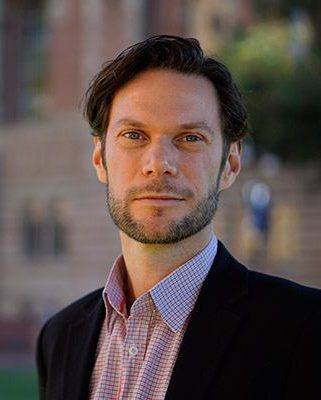
Patrick Allard*
aims to dissect the genetic and epigenetic pathways that connect environmental cues to health effects across the lifespan and across generations

Valerie A. Arboleda*
Epigenetics, Genomics, Rare Disease, Computational Medicine
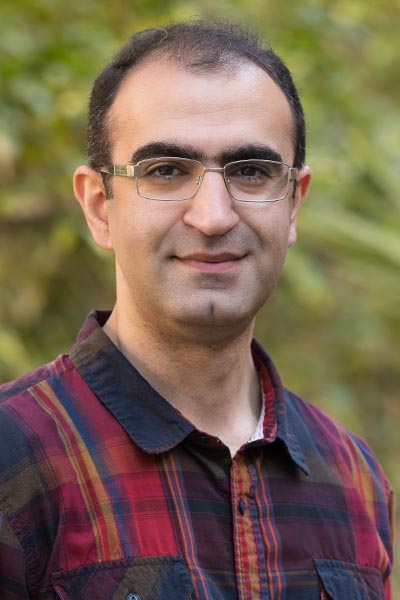
Amjad Askary*
Lineage and cell fate specification in the mammalian retina

Aparna Bhaduri*
human brain development, as well as how these trajectories are hijacked in brain cancer such as glioblastoma
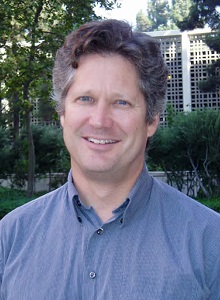
Douglas Black*
Regulation of gene expression through pre-mRNA splicing
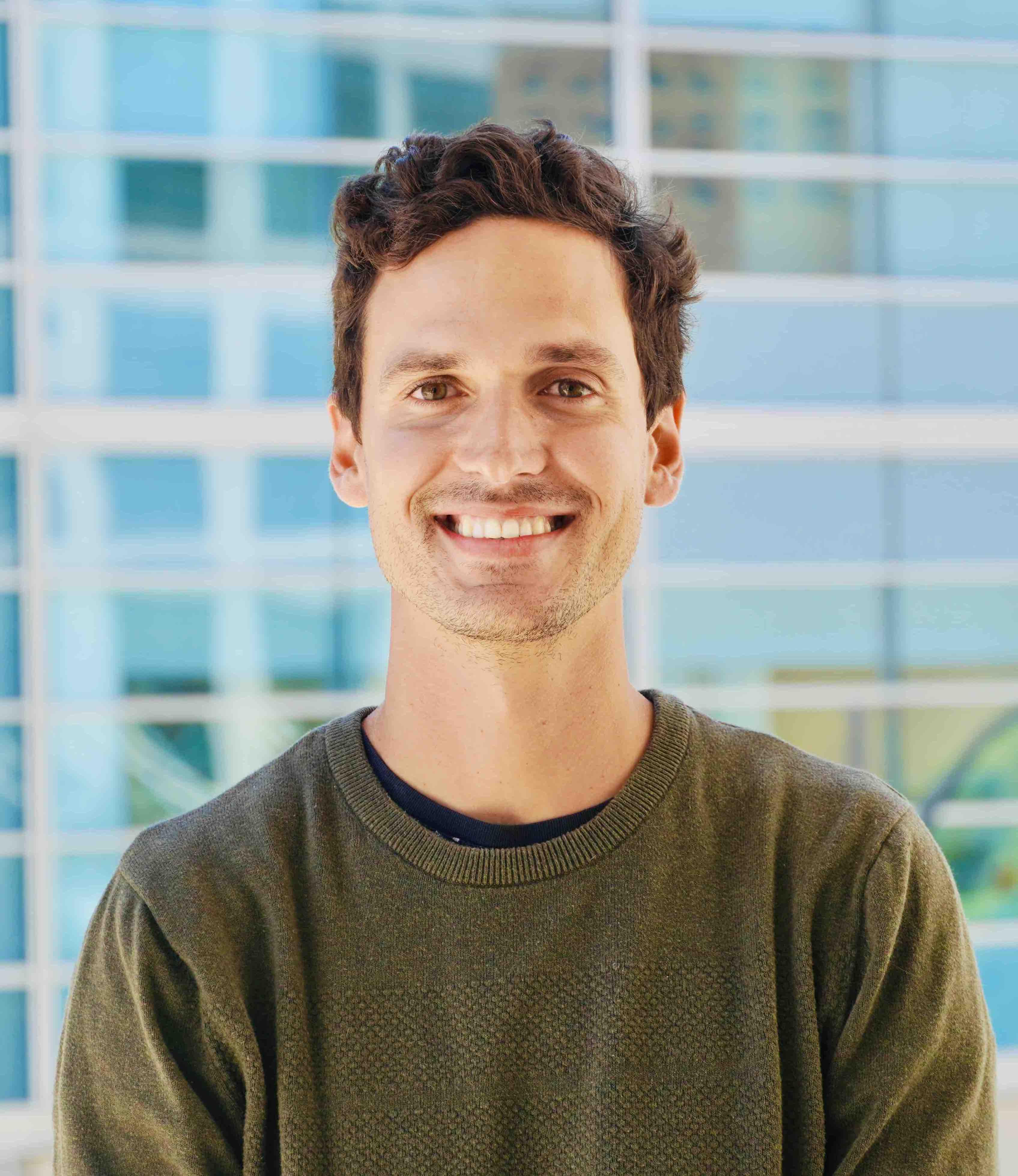
Mehdi Bouhaddou*
Decoding Viral Control of Host Signaling to Design Multi-Virus Therapeutic Strategies
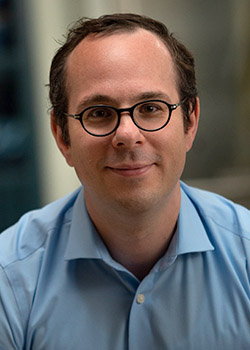
Paul Boutros*
create biomarkers to maximize cure and minimize morbidities
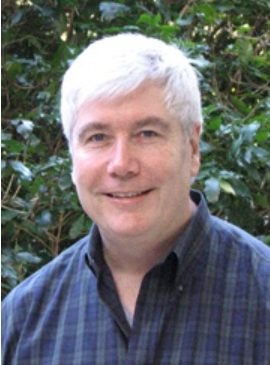
Michael Carey*
Mechanisms of eukaryotic gene transcription
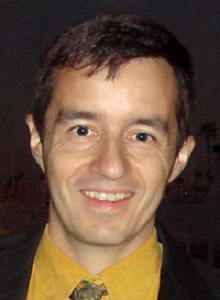
Guillaume Chanfreau*
RNA Processing, Degradation and Quality Control
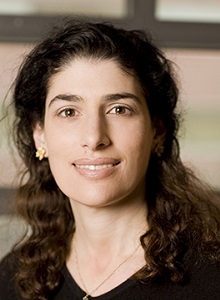
Hilary Coller*
Molecular basis of cellular quiescence
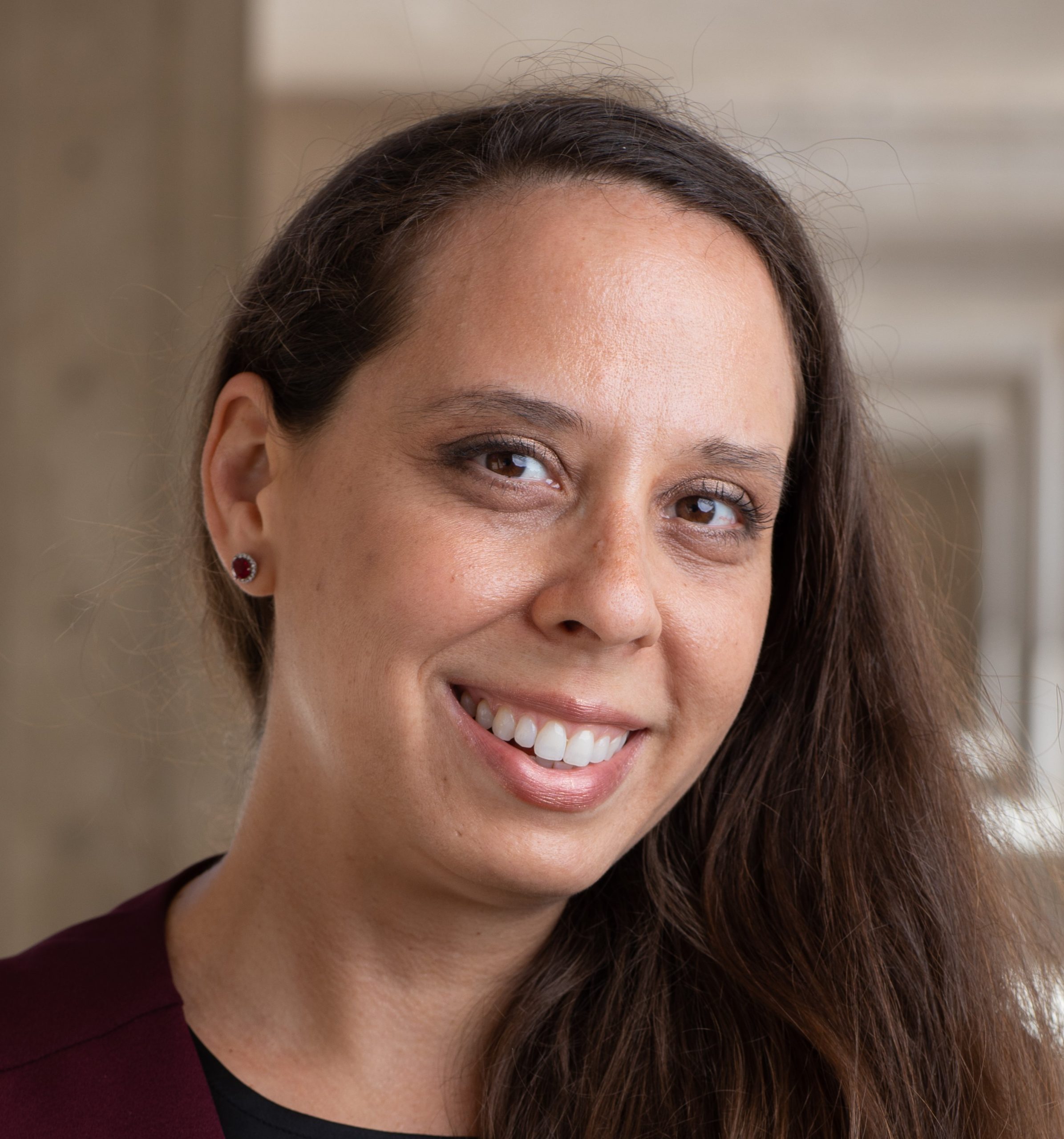
Lydia Daboussi*
Molecular Mechanisms of Peripheral Nerve Regeneration
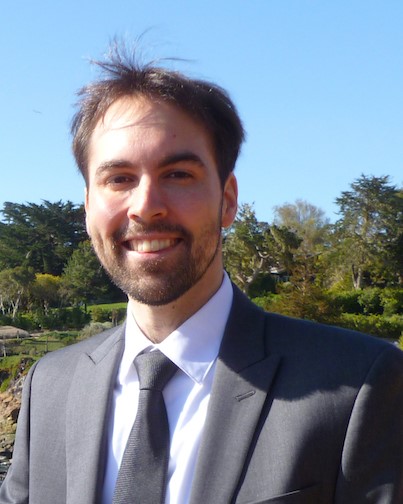
Luis De La Torre-Ubieta*
Mechanisms of gene regulation in neocortical development and neuropsychiatric disease

Jason Ernst*
Machine learning methods to analyze high-throughput data
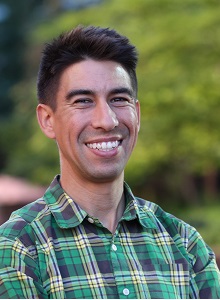
Oliver Fregoso*
Molecular and evolutionary approaches to understand virus-host interactions of HIV

Robert Goldberg
Gene regulatory networks required for seed development

Feng Guo*
RNA-targeting drug development
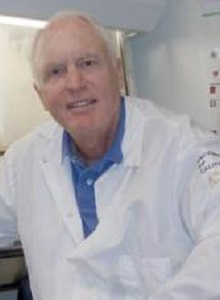
Oliver Hankinson
Carcinogenesis, chemoprevention and hypoxia

Alexander Hoffmann*
Systems biology approaches to understand immune responses
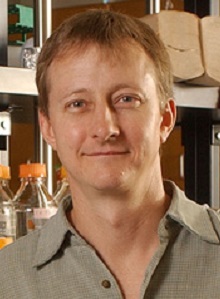
Steven Jacobsen
Mechanisms of epigenetic gene regulation by DNA methylation
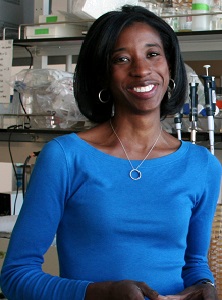
Tracy Johnson*
Pre-messenger RNA splicing and processing; chromatin modification
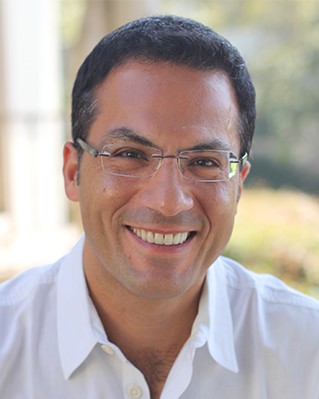
Siavash Kurdistani*
Epigenetics in biology and disease
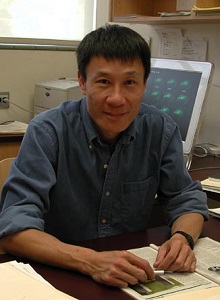
Chentao Lin
Signal Transduction of plant photoreceptors

Jeffrey Long*
Chromatin modifiers regulating plant stem cells

Bill Lowry*
Cell fate decisions in development and cancer
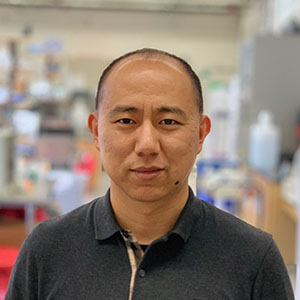
Chongyuan Luo*
Genetic basis of neurodevelopmental disorders

Hanna Mikkola*
Molecular regulation of hematopoietic stem cell development
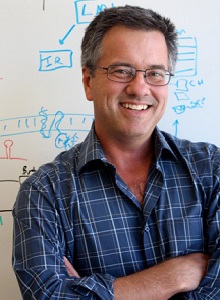
Jeffery F. Miller*
Mechanisms of bacterial pathogenesis and immunity
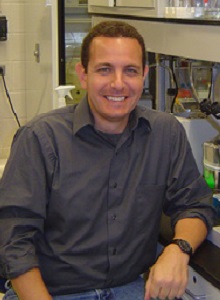
Bennett Novitch*
Mechanisms of differentiation of neural stem cells into defined lineages

Kathrin Plath*
Epigenetic regulation of stem cell self-renewal, differentiation, and cancer

Dinesh Rao*
Physiology and pathology of non-coding RNA in hematopoiesis
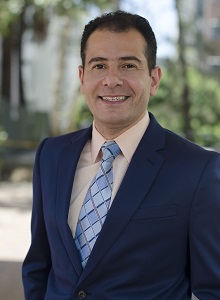
Tamer Sallam*
Contributions of long non-coding RNAs in cardiometabolic disease

Philip Scumpia*
Understanding immunity and developing immunotherapies for skin diseases.
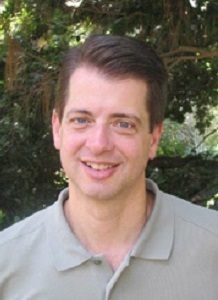
Stephen Smale*
Gene regulation mechanisms controlling inflammatory responses
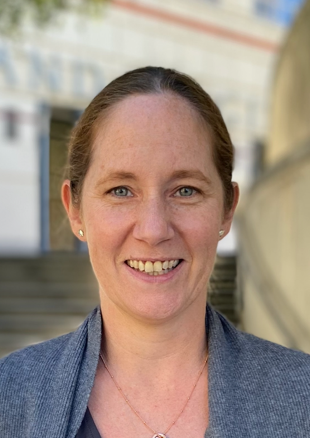
Elizabeth Tarling*
Molecular mechanisms that maintain cholesterol trafficking and homeostasis in immune cells in metabolic and cardiopulmonary diseases.
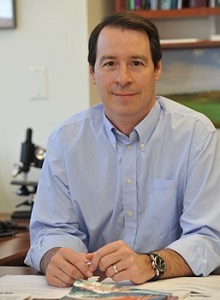
Peter Tontonoz*
Regulation of gene expression by nuclear hormone receptors
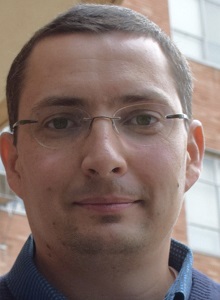
Thomas Vallim*
Transcriptional and post-transcriptional regulation of lipid metabolism

Claudio Villanueva*
molecular mechanisms that underly the cellular plasticity of adipocytes

Thomas Vondriska*
Epigenomic regulation of the cardiovascular system
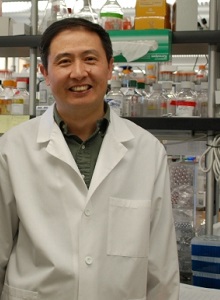
Cun-Yu Wang
Molecular regulation of dental stem cell property
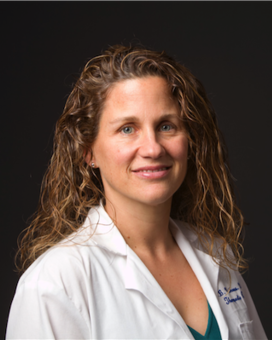
Joanne Weidhaas*
impact of microRNAs and germline mutations that disrupt their function on oncogenesis as well as the stress response to all types of cancer therapies, including radiation and immune therapy
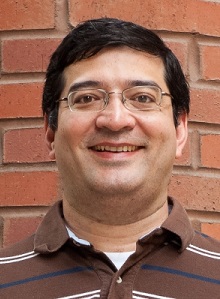
James Wohlschlegel
Dissecting Ubiquitin-regulated Signaling Networks
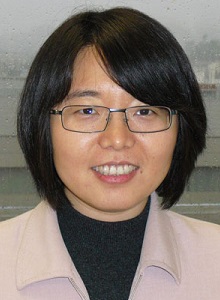
Xinshu Grace Xiao*
Genomics and bioinformatics of post-transcriptional gene regulation in biology & disease
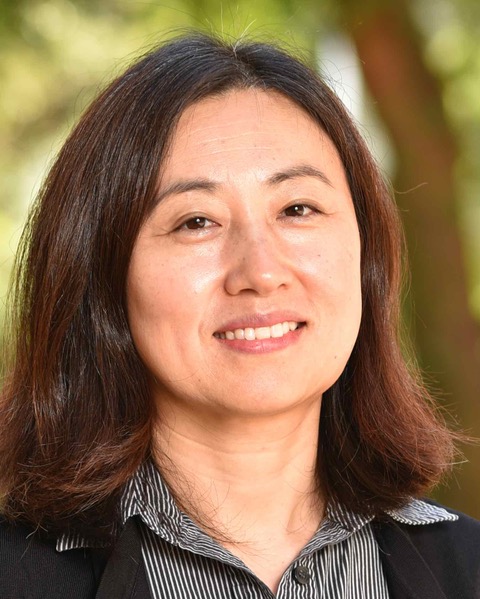
Xia Yang*
Multiomics systems biology and gene regulatory networks of complex diseases.

Xian-Jie Yang
Development of the vertebrate central nervous system
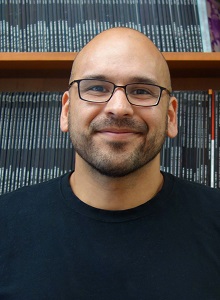
Jesse Zamudio*
Functional RNAs in Human Development and Disease
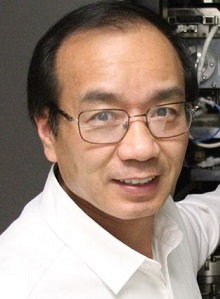
Hong Zhou*
CryoEM of membrane proteins, protein-nucleic acid complexes and microbes
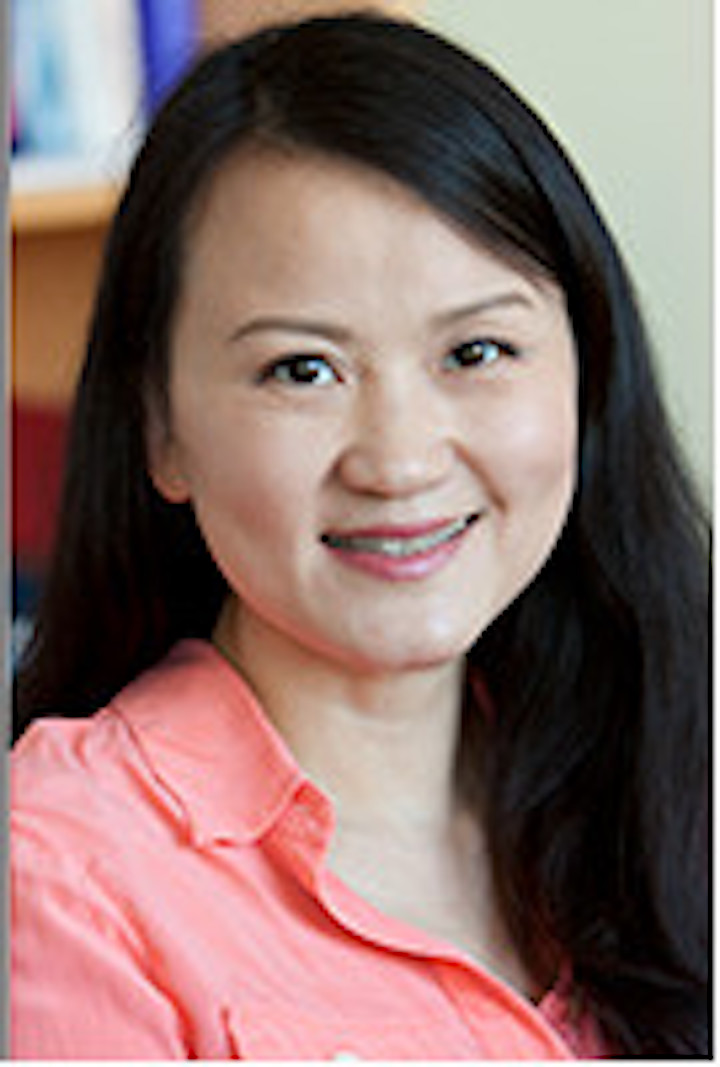
Xianghong (Jasmine) Zhou
developing computational and experimental methods on non-invasive cancer diagnosis and monitoring using circulating free DNA (cfDNA) and other materials released by tumor in blood










